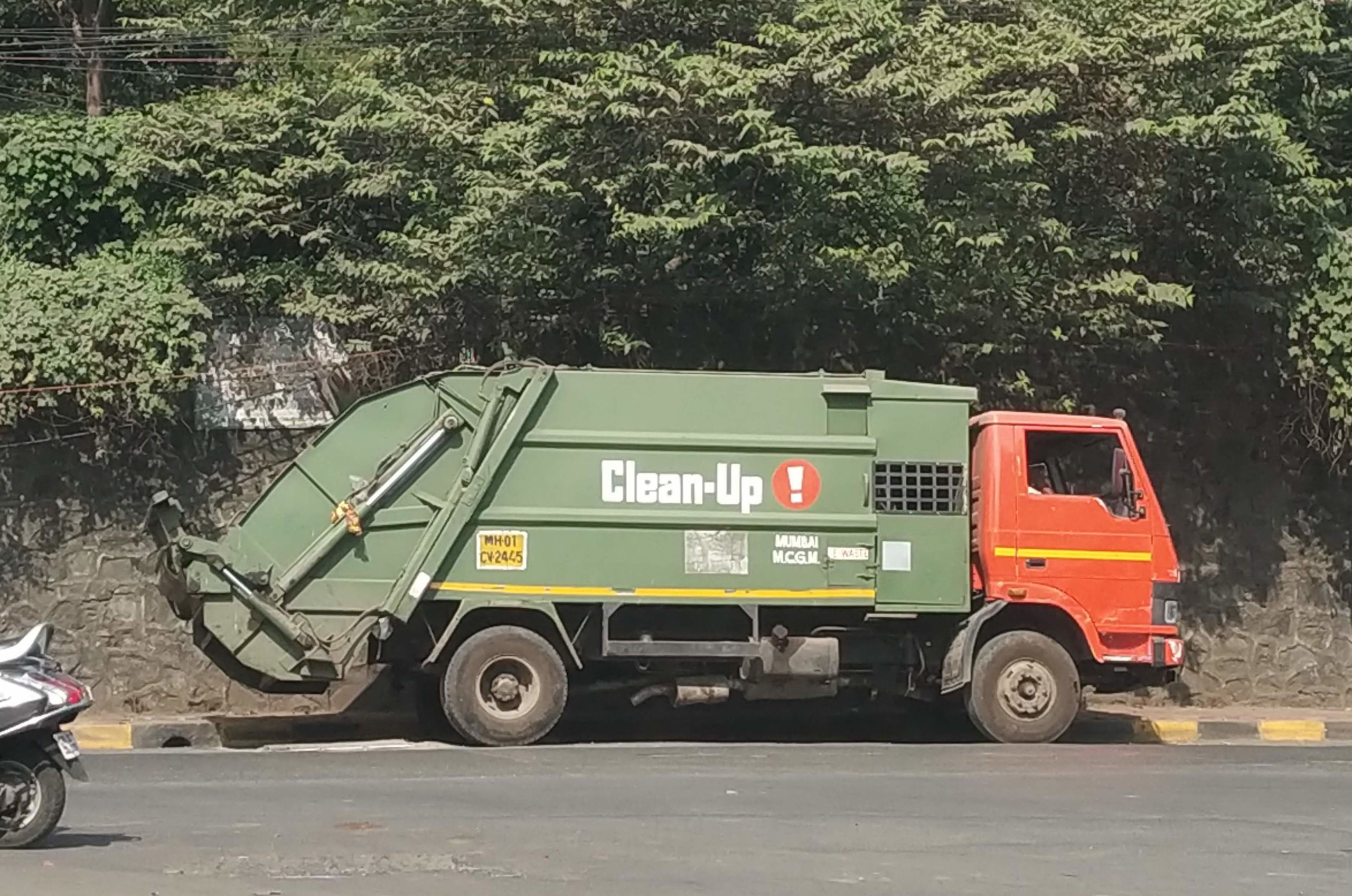
Cities across the world are looking for solutions to the mountains of waste created over several years but often lack the relevant data to decide on the most ideal solutions. Reliable and city specific data, e.g. the quantity of waste generated and its characteristics, need to be available to plan, design and implement effective solutions. If new systems are created based on estimates from other places, the solutions may not address the relevant issues, and the same problems can reappear, or new problems may come up.
The Waste Wise Cities Tool (WaCT) has been created to make the process of collecting data on solid waste management easier and support city officials in their task of improving waste management in their cities. It can also guide NGOs, educational institutions, and other stakeholders in their efforts to spread good practices on waste management. The WaCT consists of seven steps to collect all the necessary data on generation and collection of municipal solid waste as well as to estimate the quantity that is managed in controlled facilities.
The Waste Wise Cities Tool was developed through a collaboration between waste experts from UN-Habitat, Wasteaware, Eawag, and the University of Leeds, and reviewed by experts from GIZ, USAID, EXRI, JICA, RWA, DNA, UNEP, WRAP, Springloop Cooperative U.A. and Imperial College of London.
Under the “Waste Wise Cities: tackling plastic waste in the environment project” supported by the Alliance to End Plastic Waste, the WaCT shall also be applied in two coastal cities in India for assessing plastic leakages due to land based sources.
The online launch of the Waste Wise Cities Tool was held on February 2, 2021.



